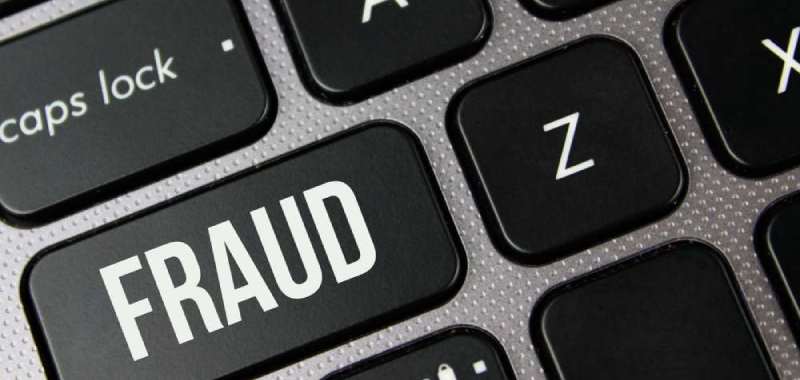
The mandatory nature of the complaints channel under the Whistleblowing Directive
As we have been updating in the Letslaw by RSM Blog, specifically, in the article we published last April 8 in relation to this matter, finally, the Bill transposing the European Directive 2019/1937, also known as the Whistleblowing Directive, has been approved last September 23, although the transposition of the Directive should have been done before December 17, 2021.
What is the Whistleblowing Directive?
Its main objective is to guarantee the protection of those who report corruption, fraud or any violation of the internal legal order or EU law, as well as to define the minimum standards of these reporting channels. The future law highlights the obligation for certain entities to implement complaint channels.
This bill covers all companies with more than 50 employees, as well as the majority of the public sector, except for those municipal entities and town halls with less than 10,000 inhabitants. In this sense, the maximum term for the establishment of internal information systems and adaptation of those already in existence is as follows:
- Administrations, agencies, companies and other entities required to have an internal information system must implement it within a maximum period of three months from its entry into force.
- As an exception, in the case of legal entities in the private sector with less than 249 workers, as well as municipalities with less than 10,000 inhabitants, the previous term will be extended until December 1, 2023.
- The external information channels and procedures will be governed by their specific regulations, the provisions of this law being applicable in those aspects in which they do not comply with Directive (EU) 2019/1937 of the European Parliament and of the Council, of October 23 of 2019. Said adaptation must take place within a period of six months from its entry into force.
What is a complaints channel?
The reporting channels are aimed at providing “a safe alternative to silence” for those who, in good faith, wish to report possible situations of conflicts of interest or acts of corruption. Therefore, the future law supposes a framework of protection for those reporting infractions, since it specifies the particularities of both internal and external reporting channels, it is regulated guaranteeing confidentiality and the functions of a new authority are delimited competent.
Through their management and implementation, they guarantee the indemnity of the complainant and allow preventive and corrective warning of any irregularity that may occur within the company, specifically, on actions or omissions that:
- a) may constitute infringements of EU law on certain matters such as public procurement, the prevention of money laundering, the protection of privacy and consumer protection, among others; either
- b) may constitute a serious or very serious criminal or administrative offense, or any violation of the rest of the legal system that directly undermines the general interest, and do not have a specific regulation.
How does the Whistleblowing procedure work?
To implement the internal information system, the companies will designate a “System Manager” to report on the internal information channels and their principles and policies. It is advisable that the daily management of the channel and the instruction and investigation of the complaints be in the hands of professionals external to the entity, in order to seek balance and weighting in the investigative phase.
Regarding the internal complaint procedure, the following considerations must be taken into account:
- (i) An acknowledgment of receipt of the complaint must be produced within a period of 7 days.
- (ii) There will be a follow-up of the status of the complaint and a maximum term of 3 months is determined for its resolution.
- (iii) Communications are allowed both verbally and in writing, and a face-to-face meeting may be requested, which will be recorded in any case, with prior notice to the informant.
- (iv) The communications must be kept in a registry book, in a confidential manner and providing access only upon request by the judicial authority.
Whistleblower protection and sanctions
The bill makes special reference to the sanctions that derive from non-compliance with this law, noting that the commission of foreseen infractions will entail the imposition of the following fines:
- (i) If natural persons are responsible for the infractions, they will be fined an amount of 1,001 to 10,000 euros for the commission of minor infractions; from 10,001 to 30,000 euros for the commission of serious offenses and from 30,001 to 300,000 euros for the commission of very serious offences.
- (ii) If they are legal persons, they will be fined up to 100,000 euros in the case of minor infractions, between 100,001 and 600,000 euros in the case of serious infractions and between 600,001 and 1,000,000 euros in the case of very serious infractions.

Letslaw es una firma de abogados internacionales especializada en el derecho de los negocios.







